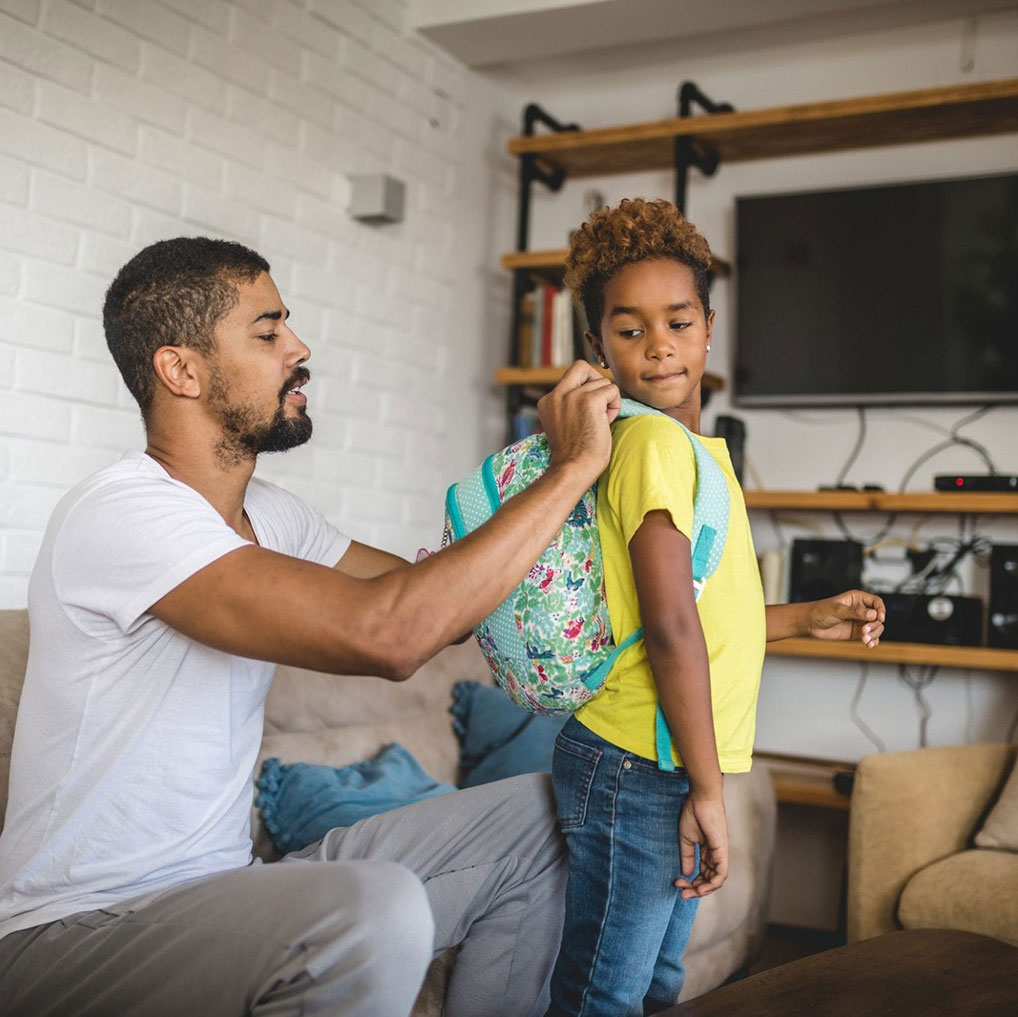How to Make Your Vaccine Visit as Smooth as Possible

April 07, 2021
Things to do before going to get a COVID vaccine
Schedule an appointment. While some locations are now offering walk-in vaccinations, it's important to check ahead and make sure walk-in's are available at the site you're choosing. Make an appointment if you want ensure that you're getting the shot. Bring proof of your scheduled appointment with you just in case, either digitally or as a printout.
Don’t take medicine. You may be inclined to take ibuprofen or acetaminophen before your COVID vaccine, to ward off post-vaccination pain or side effects. However, the Centers for Disease Control and Prevention recommends against taking over-the-counter medication before getting the shot.
Eat and drink something. You may have to drive a distance to your appointment, wait a while to be seen and stay afterwards for observation, all while wearing your mask. You’ll feel better if you aren’t hungry or thirsty throughout the experience.
Leave extra travel time. Plan to get to your appointment 15 minutes early. If you’ll be driving through traffic, leave even more time, so that you can take care of any paperwork and still be on schedule for your appointment.
Things to bring to your COVID vaccine appointment
A mask. You’ll be required to wear a face covering over your nose and mouth during your vaccination. You’ve probably trained yourself not to leave home without one, so it should be easy to remember.
The right documentation. You’ll be asked to provide your driver’s license, health insurance card and prescription-drug insurance card. You won’t have to pay anything for the vaccine.
Yourself. Don’t take anyone else with you to your appointment, including children or your best friend, for moral support.
A shirt that offers easy access to your shoulder. You’ll receive the COVID vaccine in your upper arm or shoulder. Wear a short-sleeve shirt that can be pushed up or a V-neck shirt with a neckline that can be stretched to the side, revealing your shoulder. If that’s not possible, consider other options that will give you privacy while getting your shot.
Your patience. Be prepared to wait, even if you have a scheduled appointment. Some vaccination sites run like clockwork, exactly on schedule, while others get a bit busier. Be prepared to stand in line indoors or outdoors, depending on your location. Dress for the weather, and consider bringing a folding chair, if you know that people wait outside. Also bring a book, your phone or some earbuds, so that you can listen to music while you wait.
Things to do after your COVID vaccine
Plan to wait. You’ll be asked to stay for 15 minutes after the vaccination, to be monitored for allergic reactions. If you have a history of allergic reactions, let the staff know; they may want you to stay for observation for 30 minutes.
Schedule your second dose. If you get the Pfizer or Moderna vaccine, find out when to come back for your next injection. (This step isn’t necessary if you get the Johnson & Johnson vaccine, which is one dose.)
Take it easy for a day or two. After your shot, you may notice pain or discomfort at the injection site, or you may experience fatigue or flu-like symptoms for a day or two. If possible, reschedule big work deadlines, in case you don’t feel well.
Postpone getting other vaccines. If you need a flu shot, shingles vaccine or other vaccination, wait at least 14 days after receiving the COVID vaccine to get it.
The material provided through HealthU is intended to be used as general information only and should not replace the advice of your physician. Always consult your physician for individual care.
Find a doctor near me
One Secret to a Successful Marriage

Improve your marriage. Hearing loss affects relationships. Get a hearing evaluation today. Enhance communication and quality of life.
How to Avoid Slipping on Ice

Avoid winter falls! Dr. Porter shares tips for safer walking on ice, preventing injuries like ankle sprains and fractures. Learn how to walk and fall safely.
Find a doctor near me

When to Take Stomach Pain Seriously
Severe stomach pain? Learn when to seek medical attention from Dr. Nguyen at Bayshore Medical Center. Get expert advice on managing intestinal symptoms and potential conditions.

Relieving Pain From Heavy Backpacks
A backpack that is too heavy for your child can cause back pain. Our pediatric orthopedic experts share how to prevent this issue and alleviate pain.

Maintaining Your Fitness Goals with Wearables
Maintain your fitness goals using wearables. Learn about smartwatches, fitness trackers, and more. Improve your health journey today.

What Is a Sarcoma?
Learn about sarcoma, a rare cancer affecting connective tissue. Understand diagnosis and treatment options. Get reliable information from Hackensack University Medical Center.
